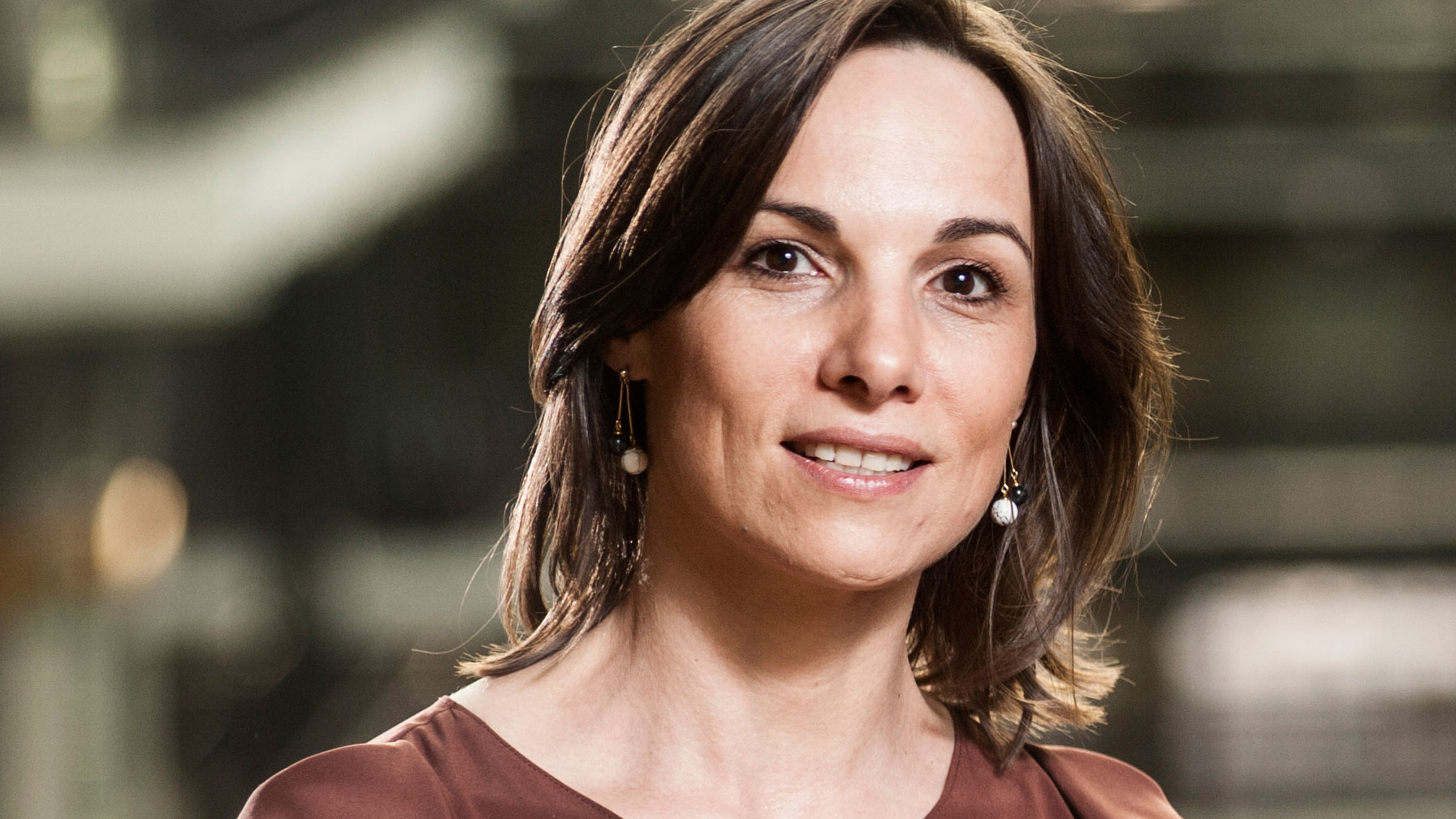The coronavirus economic crisis is barely over and companies are immediately facing another challenge: sustainability. Many parallels can be drawn with the digitalisation wave a few years ago. Although the urgency appears greater. But I remain optimistic: as a whole, society is on the same page.
Thanks to the climate conference in Glasgow at the beginning of November, sustainability is more than ever the talk of the town. Not only scientists and politicians have to reflect harder on the problems that threaten our planet but – perhaps most importantly – companies too. Just as digitalisation came to the fore ten years ago, now the climate is the order of the day. And just like then, you might not feel the effects in the everyday operations of your business, but it can suddenly hit home. Even if you don’t yet see the urgency, the danger is lurking around the corner. In the medium term, you risk missing the boat.
But sustainability is broader than climate. During the covid crisis we clearly felt that you can’t separate economy and society. Society can’t flourish when the economy is shut down and conversely the economy can’t flourish when society is shut down. The question of what you contribute to society as a company then becomes more and more prominent. Sustainability is about social impact, the ESG criteria cover more than environment. We mustn’t lose sight of the social criteria either.
Long-term thinking is essential for both the ‘E’ and the ‘S’, and for both individual organisations and society as a whole. We need to take action now in order to live and conduct business sustainably in say 2030 or 2050. The first question you need to ask yourself as a company is: what is your social impact, what is your purpose? Why do you exist as an organisation? What do your contribute?
Sustainable entrepreneurs can combine profit and purpose, not only for themselves, but for all stakeholders. They deliver a positive contribution for their employees, customers, local communities, etc. Their goals go beyond the purely financial. You’ll find that this is no longer left to an isolated CSR manager or the final page of the annual report. Sustainability is high on the agenda for all CEOs – and once again I draw a parallel with a few years ago, when digitalisation really took off.
The phase of gaining awareness is past. We can now seize the momentum. The Take the Lead Sustainability programme offers a good response to how we should go about this. Anyone wanting to take the lead in an organisation is not only presented with concrete cases of sustainable initiatives, it goes much further. What opportunities does sustainable transformation offer? Sustainable innovation and entrepreneurship offer opportunities to expand your market share, develop your business or increase your competitive advantage.
For those in their teens and twenties, sustainability is a vital issue, which makes sense as their future is at stake. The fact that business leaders – often in their forties and fifties – are now also grasping the urgency is partly thanks to nudging from their children. They must take action to prepare their businesses for the next generation. Of course, as an individual organisation, sometimes all you can do is move a stone in the river, so to speak, but we mustn’t let this discourage us.
‘What opportunities does sustainable transformation offer? Sustainable innovation and entrepreneurship offer opportunities to expand your market share, develop your business or increase your competitive advantage.’
Marion Debruyne, Dean Vlerick Business School
So, which stone should you move? As with every strategic question, it’s about making choices. Where can you make a difference? A great deal of entrepreneurship is also emerging around sustainability. Young entrepreneurs don’t want to stick with the status quo and are busy thinking aloud about new business models combining purpose and profit. They’re bold enough to start from scratch, to look at entrepreneurship with new eyes and challenge existing business models.
Sustainability isn’t confined to a company, the entire value chain needs to become more sustainable: from suppliers to consumers. Everyone must take action and each must play their part. We must work towards sustainable ecosystems. It’s clear that, more than ever, partnerships are the answer to a better future – locally and internationally. What we all need is the boldness to look at your organisation with new eyes.
One thing is clear: we can learn a great deal from one another. We’re all facing the same challenge. Some are running ahead, others are lagging behind, and that’s not a problem, provided you’re genuine. You mustn’t promise anything you can’t deliver. Sustainability must be truly embedded in the organisation: where can you make a difference? And how does this fit your DNA? Or which stone can you move? There’s no point turning a blind eye. Everyone can – and must – contribute. There’s only one requirement and that’s optimism. The previous generation didn’t exactly ruin things, but the next can do better. Let decisiveness win over pessimism.
Marion Debruyne, dean of the Vlerick Business School
